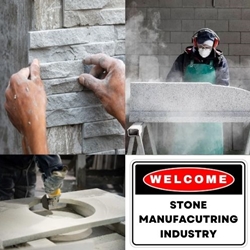Threadlocking
Products
Threadlocking Solutions
Threadlocking is an essential process for ensuring the stability and reliability of threaded fasteners in various industrial applications. Threadlockers, commonly referred to as thread locking compounds, are adhesive products designed to prevent the loosening of threaded fasteners, such as bolts and screws, due to vibration, temperature changes, and other operational stresses.
Benefits of Using Threadlockers
- Prevents Loosening: Threadlockers securely lock threaded fasteners, preventing accidental loosening due to vibration or shock.
- Seals Threads: Provides a seal against moisture, corrosion, and contaminants, extending the lifespan of fasteners.
- Easy Application: Threadlockers are easy to apply and come in various strengths and formulations to match specific requirements.
- Cost-Effective: Reduces the need for mechanical locking mechanisms, ultimately saving time and costs.
Types of Threadlockers
Threadlockers are available in various strengths and formulations to suit different applications:
- Low Strength: Ideal for small screws that require frequent adjustments or servicing.
- Medium Strength: Suitable for most general-purpose applications, providing a good balance between security and removability.
- High Strength: Provides maximum locking power for permanent assemblies that require high security.
Applications of Threadlockers
- Automotive: Prevents fasteners in engines and other automotive components from loosening due to vibrations.
- Manufacturing: Locks fasteners in machinery and equipment, enhancing operational safety and efficiency.
- Construction: Used in heavy-duty applications to secure bolts and screws in structural assemblies.
Choosing the Right Threadlocker
Selecting the appropriate threadlocker depends on various factors including the size of the fastener, the type of material, and the environmental conditions. Consider the following:
- Strength Requirements: Determine if the application needs low, medium, or high strength threadlocker.
- Temperature Resistance: Choose a product that can withstand the operational temperature range.
- Material Compatibility: Ensure that the threadlocker is compatible with the materials of the fasteners and substrates.
Conclusion
Threadlocking is a fundamental technique to enhance the durability and reliability of threaded fasteners in various industrial applications. With a range of formulations and strengths, threadlockers provide a cost-effective solution to prevent fastener loosening, sealing threads, and maintaining the integrity of assemblies. Selecting the right threadlocker is crucial for achieving optimal performance in your specific application.




































